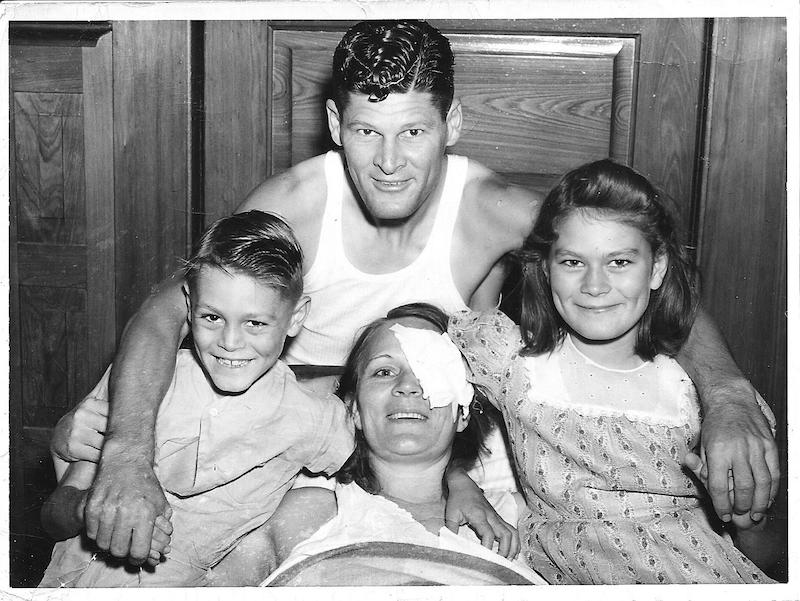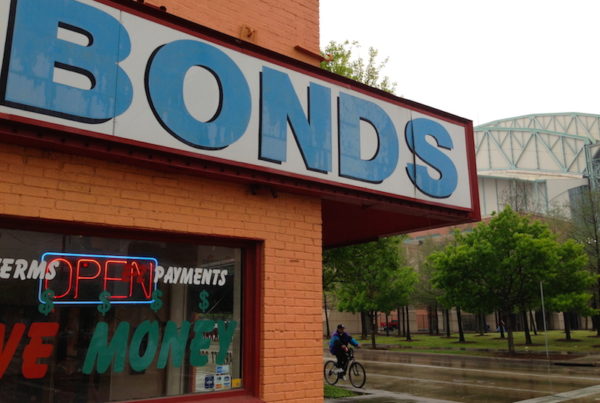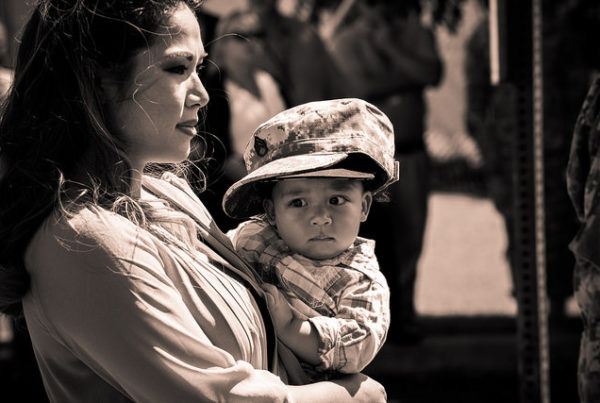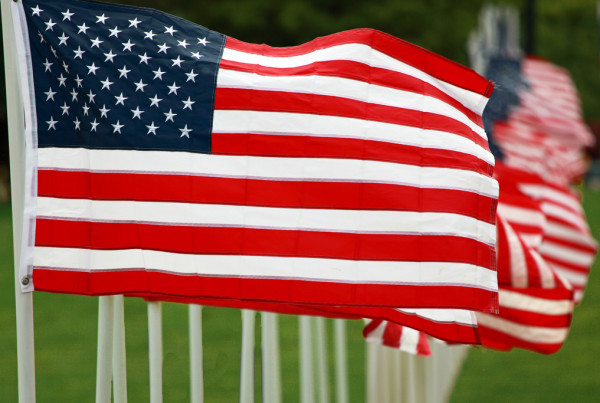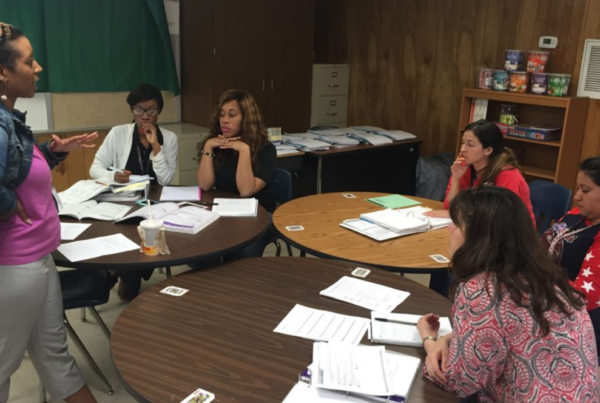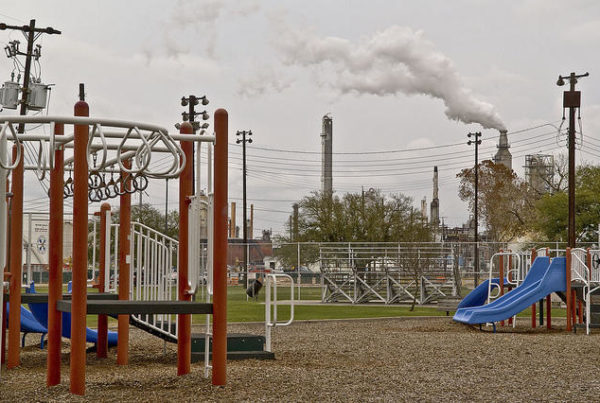Some dates are burned into American’s collective memories because of the momentous events that occurred on them. Others – unforgettable to those who lived through them – remain almost unknown.
For Ray “Sonny” Downs, the date was May 19, 1942.
But before we get to that day, let’s go to six months earlier, when a dozen Nazi U-boats patrolled up and down the Atlantic Coast of the United States, using shore lights from Cape Hatteras to Atlantic City to Newport, Rhode Island, to navigate. The Germans called it “Operation Drumbeat.”
They were engaging in a sort of cat and mouse game – with deadly results.
Michael Tougias details this unknown part of the World War II in his new book “So Close to Home: A True Story of an American Family’s Fight for Survival During World War II.”
“We were caught flat-footed and with our defenses down,” Tougias says. “They were sinking ships left and right, setting up shop at the mouths of rivers. A little bit later they even dropped off some spies. They were having easy pickings along the east coast.”
The U.S. lost about 400 ships and one submarine. Then Washington began to pay attention, but Tougias says there was a steep learning curve.
When the U-boats realized it was harder to sink ships on the East Coast, they headed to the Gulf Coast. Orders were to move to the mouth of the Mississippi River and sink as many ships as they could, with the idea that they could clog up traffic.
This story, though, is about the Downs family, who were on a ship in the Gulf returning to Texas from Costa Rica in 1942 when a U-boat targeted them. Tougias spoke to Sonny Downs recently on WBUR in Boston. He was 8 years old when the Heredia was hit on May 19.
“The captain came up to me and put his hand through my hair and said ‘Well Sonny, in the morning you’ll be in New Orleans,” Downs told Tougias. “Went to sleep and the first explosion hit. My father shook me. I looked down – he was standing in about ankle-deep water and my father said ‘Put on your life jacket. I’ll be back and check.’ He went and got my mother and my sister. When we went out on the main deck the ship rolled and it washed us all apart.”


